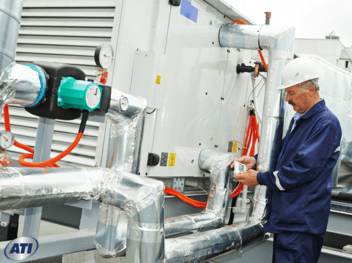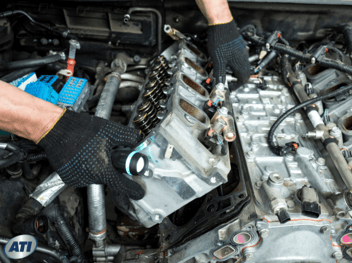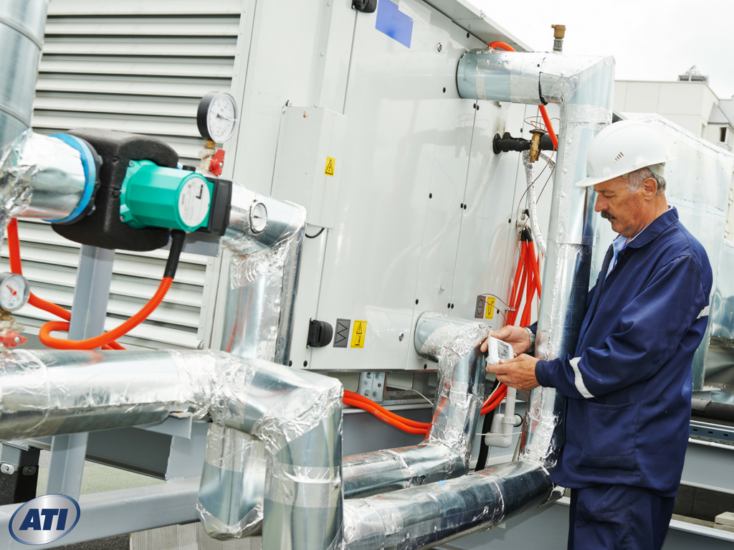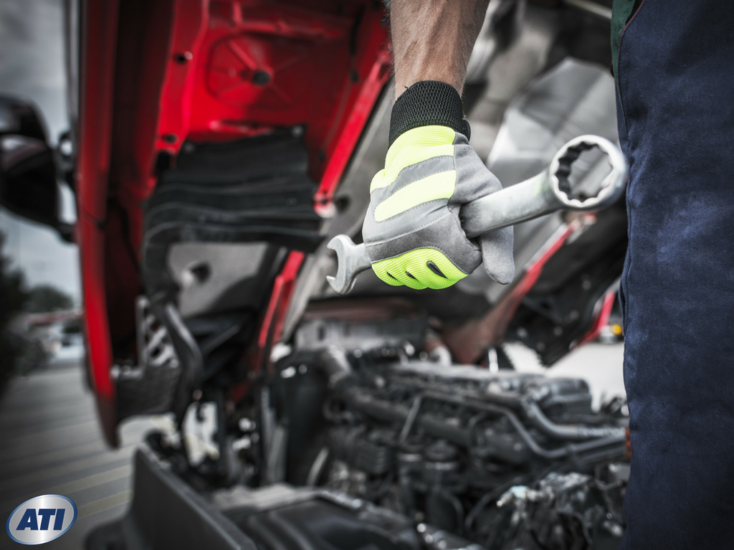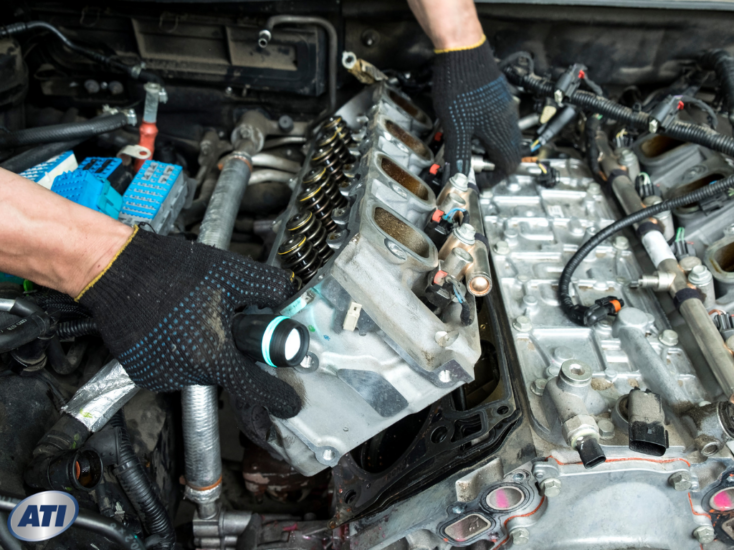Heavy Vehicle Repairs: How Can I Learn these Skills in Hampton Roads?

Employers have consistently sought the services of educated and certified heavy vehicle maintenance technicians to keep up with the ever-increasing demand for heavy vehicles in the commerce industry. Maintaining such heavy vehicles can be a tall order, but also essential in ensuring safety in our roads and ensuring that transport vehicles and agricultural equipment are in good working conditions and operating efficiently.
Pursuing such a career can be daunting but the benefits are equally rewarding especially to individuals with a knack for exuding their craft in technical work. If you intend on maintaining big engines that power heavy vehicles, formal training is the first step in this path.
What Heavy Vehicle Repairs Involves
A heavy vehicle maintenance technician juggles a plethora of duties including maintaining and repairing large machines and industrial equipment, both self-propelled and towed, mainly used in transportation, agriculture, material handling, mining, and landscaping. The technicians must exude proficiency in repairing and maintaining internal combustion engines. Also, Components on both on-highway and off-highway vehicles, towed and motorized, rubber-tired and tracked equipment as well as earth-moving machines and ground-engaging equipment.
Typically, heavy vehicle maintenance repair and maintenance can involve the entire system or individual components, calling for the possession of unique skills with braking systems, hydraulics, electronics, engines, and more. The technician must be familiar with using specific tools diagnose functions, repair, and replace defective components, make adjustments, and test subsequent repairs for optimum performance.
Additionally, they must exude confidence in writing service reports, interpreting instructions in technical manuals, and ensuring that the work meets the requirements of legislation and the manufacturer’s requirements. The technician essentially serves as the bridge between the customer, the manufacturer, and the employer.
While most technicians often specialize in specific types of equipment or machines, by either employment or choice, the rapid changes in technology and diversity of heavy equipment require immense adaptability and extensive knowledge. Not to mention, heavy vehicle maintenance technicians must be comfortable working at a variety of hours, individually or as part of a team, and in a customer’s office block, an employer’s shop, or rural locations, irrespective of the prevailing weather. To enable interrupted activity to resume efficiently, heavy machines often require quick intervention.
Individuals who love working with their hands, interested in problem solving, and are curious and logical, could find this work to be highly rewarding. This profession demands significant stamina and strength. Proper safety standards must be maintained to avoid injuries associated with working with power tools and on heavy equipment.
Coveted Abilities
Heavy vehicle maintenance technicians should have a unique ability to:
- Diagnose vehicle problems and test repaired equipment
- Efficiently use and maintain tools and repair equipment
- Use computer diagnostic tools
- Understand and follow written and oral instructions
- Read and interpret basic schematics such as pneumatic, electrical, hydraulic, mechanical and computerized software
Heavy vehicle maintenance technicians with the remarkable skills and qualities can significantly boost their careers in the mechanical industry. Employment in this field is expected to grow by 9% between 2016 and 2026, according to the U.S Bureau of Labor Statistics (BLS).
Benefits of Formal Education
While it’s possible to gain entry into this career with on-the-job training or a high school diploma, most employers prefer hiring technicians who’ve undergone formal training. This is because they are better qualified and prepared to offer their services in any institution’s service center.
Enrolling for a formal training course not only makes you stand out but also increases your chances to land and thrive in a highly coveted position. In addition, formal education should equip one with the safety training needs to work with heavy vehicles, tools, hazardous components, and confined workspaces.
Training and Working in Hampton Roads
2009 was a defining year for Virginia, especially when the federal government funded $700 million to Virginia, which was predominantly used on transport infrastructure. That was a substantial boost to the heavy equipment industry as it led to increased training and job opportunities. This growth has carried on nine years later.
Through it, the Virginia construction industry is expected to record extensive growth, especially in lodging, warehouses, retail, and hospitals. However, such an optimistic outlook is threatened by the possibility of insufficient skilled workers to keep up with the impending growth.
Whether you are researching training or seeking a job in heavy vehicle maintenance, the Hamptons Road area presents varied opportunities, especially in the marine construction sector. There are other local construction projects such as floating docks, ramps, seawalls, piers, boatlifts and building docks. Furthermore, you’ll find quite a number of training facilities with heavy vehicle maintenance programs.
Interested in a career as a heavy vehicle maintenance technician? Consider enrolling in the Associate of Occupational Science Degree in Heavy Vehicle Technology with Service Management degree program at Advanced Technology Institute. Contact us today to learn more about the program.
Industry Knowledge
Welcome to the Advanced Technology Institute's Blog, your resource for industry insights and discussions on technologies shaping the future of automotive, heavy vehicle, hvac, welding, and other related career paths.
Explore how ATI's curriculum and hands-on learning opportunities can propel your career in the tech-driven world.

